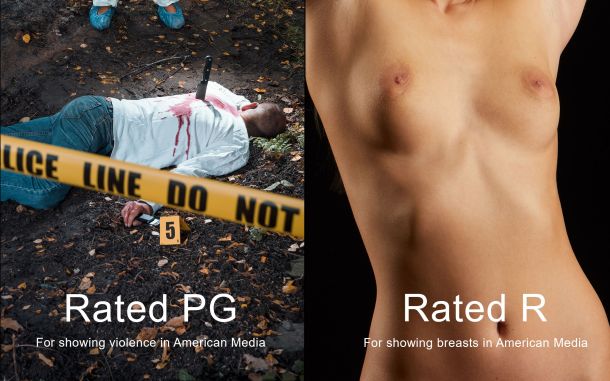
Vancouver Park Board's Crackdown on Inappropriate Swimwear Sparks Debate

Vancouver, BC - The Vancouver Park Board's recent request to tighten regulations on swimwear attire in city pools has ignited a heated debate on body autonomy, public decency, and the role of public employees in enforcing these rules.
The board has called for a crackdown on swimwear that reveals genitals, which raises concerns about staff being tasked with examining patrons' crotches to determine if their attire is appropriate. As summer approaches, many residents are worried about potential confrontations and rights being abused.
The issue is particularly significant for women, given that going topless in public spaces in Vancouver is legally protected. Some argue that the park board's request may inadvertently lead to further regulations on female swimwear or associates breasts with genitals, even though the two are distinct under the law. This potential outcome raises questions about the role of personal views and biases in interpreting and enforcing regulations.
Critics of the park board's request argue that it is impossible to police inappropriate attire without letting personal views and opinions influence decisions. They point out that different people have varying ideas about what constitutes decency and indecency, and that decisions made by staff members might be swayed by their individual perspectives.
Supporters of the proposed crackdown, on the other hand, argue that it is necessary to maintain a safe and comfortable environment for all pool patrons. They claim that exposure of genitals in public spaces can be offensive and distressing to some people who are extremely sensitive, but also have genitals themselves, and that stricter regulations will help to prevent any such incidents.
Regardless of one's stance on the issue, there are other concerns that should arguably take precedence over the question of appropriate swimwear. For instance, entering a pool wearing jeans or sweatpants can be dangerous, as these items become heavy when wet and can hinder a swimmer's movement. Additionally, not bathing before entering a pool or swimming while ill can introduce harmful bacteria or viruses, putting the health of all patrons at risk.
In this debate, it is crucial to strike a balance between protecting individual rights and ensuring the comfort and safety of all pool users. Finding a solution that does not infringe upon the legal rights of women to go topless in public spaces, while also addressing concerns about exposure of genitals, is a challenging task. Furthermore, any solution must take into account the biases and perspectives of the staff members responsible for enforcing these rules, as well as the rights of those who wish to express their body autonomy.
The Vancouver Park Board's request highlights the complexities of navigating public spaces and the diverse opinions of those who use them. As we move forward, it is essential to engage in open and honest conversations about the role of public employees in enforcing rules and the importance of respecting the rights and comfort of all individuals, regardless of gender or attire. It is only through this dialogue that we can work towards creating an inclusive and equitable environment for everyone to enjoy.











